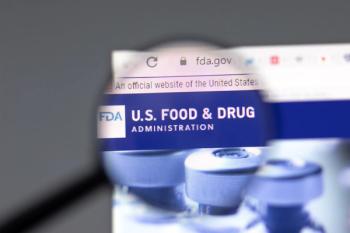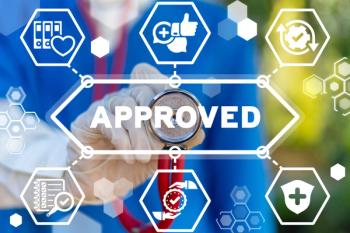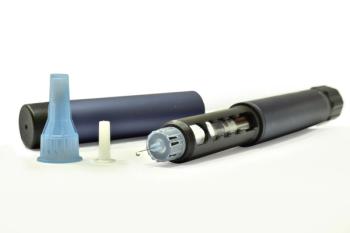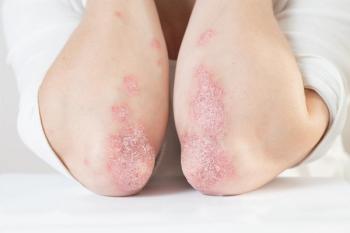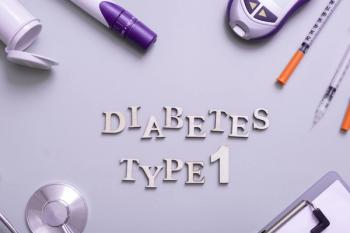
It's Unlikely that Humira Biosimilars Will Drive Down Drug Costs
As a dozen Humira Biosimilars are set to enter the market this year, it seems to be unlikely that they will drive down drug costs in the future.
As a dozen Humira Biosimilars are set to enter the market this year, it seems to be unlikely that they will drive down drug costs in the future.
A recent
However, the unlikely chance they will drive down drug costs in the future is mainly due to competing companies in the biosimilars market, as well as a few other barriers.
In 2023, 12 biosimilar products are expected to enter the market and compete with AbbVie’s Humira.
Humira, produced by AbbVie for a variety of conditions including rheumatoid arthritis, is the highest-grossing drug of all time with $21 billion in annual global sales as of 2021. The cost to a patient and their insurer for the drug is often more than $80,000 annually.
However, AbbVie's patent expired in 2016 and legal maneuvering delayed biosimilars from reaching the market until agreements were struck to allow the sale of Humira biosimilars in 2023.
Now, with the introduction of competing biosimilars into the market, AbbVie is likely to increase their rebate above their current range for Humira’s net cost after discount to remain competitive in the marketplace and retain preferred status on most PBM formularies. They will also likely increase rebates for Skyrizi and Rinvoq to maintain a preferred position for all three products on formularies, the analysis said.
RemedyOne president Ralph Pisano, RPh, said in a Goodroot press release, "AbbVie, by our estimates, likely paid over $5 billion in rebates to pharmacy benefit managers (PBMs) in 2021. By increasing their rebates just 10%, AbbVie can match the net cost of biosimilar manufacturers, who also have to pay AbbVie royalties that effectively create a floor to how far they can lower prices."
He said Abbvie's rebate agreements with PBMs and plans "flat out stipulate that they cannot provide an advantage, such as lower out-of-pocket costs, for biosimilars on the patient's benefit."
Lastly, Pisano added that "given the challenging nature of conditions Humira treats, such as Crohn's disease, doctors will be reluctant to switch patients who have achieved stability on Humira to another medication, even if it offers cost savings."
The analysis shared potential payer strategies for biosimilars to Humira in overcoming this barrier.
- Offer both Humira and biosimilars at parity.
Some payers will continue to take a Humira rebate, allow access to lower cost biosimilars, and negotiate rebates with the biosimilar manufacturers. According to Goodroot, both OptumRx and Express Scripts have already opted for this strategy — and this will most likely be the leading strategy, given the concessions AbbVie has already made in contracting to allow both brand and biosimilars to coexist. - Prefer biosimilars and disadvantage.
Humira Payers have the option to give up the Humira rebate and choose a biosimilar product with a lower net cost. While this is less likely, integrated health plans may be able to shift market share to lowest cost biosimilars. - Prefer Humira and disadvantage biosimilars.
Other payers may continue to take Humira rebate and block access to lower cost biosimilars. This is the least likely option and too fraught with potential higher out-of-pocket costs for patients.
While market share for autoimmune treatments has historically been dominated by Humira, competition will largely depend on the economics dictated by AbbVie, Goodroot suggests. If they increase their rebate, it will be nearly impossible for biosimilars to make the cost impact that many are hopeful for.
Though, there may be a tipping point in biosimilar pricing where difference in the net cost will be significant enough to force payers to make their PBMs prefer the biosimilars. It's suggested that this lower net price must be coupled with a significant shift in market share to make up for the loss of Humira rebate.
Newsletter
Pharmacy practice is always changing. Stay ahead of the curve with the Drug Topics newsletter and get the latest drug information, industry trends, and patient care tips.

